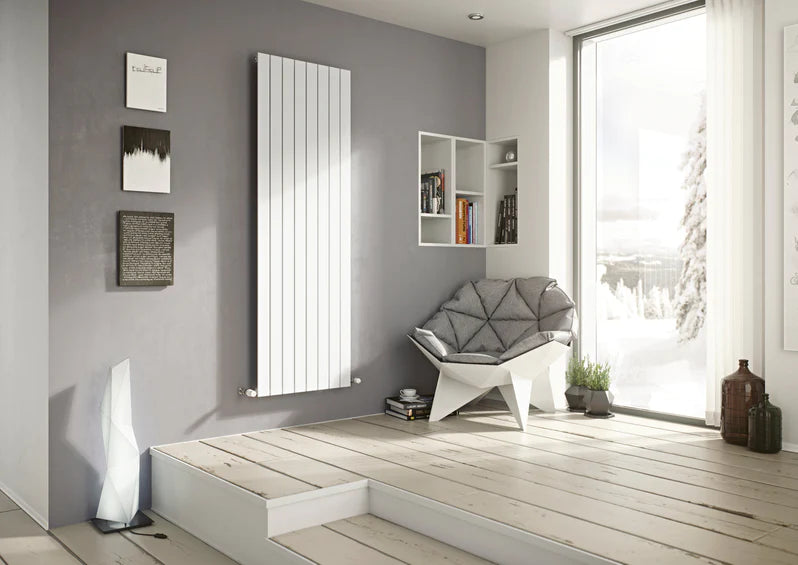
How to Bleed a Radiator and Why You Should Do It Regularly
Have you noticed that some of your radiators feel colder at the top than at the bottom? This means that there could be air trapped inside, preventing the hot water from circulating properly. Bleeding your radiators can solve this problem and improve your home's heating efficiency. Here's how to bleed a radiator step-by-step:
-
Turn off your heating system and let the radiators cool down.
-
Locate the bleed valve on your radiator. It's usually located at the top and looks like a small valve or key.
-
Place a towel or container underneath the valve to catch any water that may drip out.
-
Use a radiator key or a flat screwdriver to turn the valve anti-clockwise. You should hear a hissing sound as the air escapes.
-
Once water starts to come out, tighten the valve back up.
-
Check the pressure gauge on your boiler to ensure that the pressure hasn't dropped too low. If it has, you may need to top up the pressure.
Now that you know how to bleed a radiator, you may be wondering why it's important to do it regularly. Here are some reasons:
-
Improved heating efficiency: When air gets trapped inside your radiators, it can prevent the hot water from circulating properly, making your heating system less efficient. Bleeding your radiators can improve the circulation of hot water and make your home feel warmer.
-
Lower energy bills: A more efficient heating system means that you'll use less energy to heat your home, which can lead to lower energy bills.
-
Extended lifespan of your heating system: Over time, air trapped inside your radiators can cause corrosion and damage to your heating system. Regularly bleeding your radiators can help prevent this damage and extend the lifespan of your heating system.
In conclusion, bleeding your radiators is a simple but important task that can improve your home's heating efficiency and help you save money on energy bills. Make sure to bleed your radiators at least once a year, and if you notice any cold spots on your radiators, bleed them as soon as possible.
